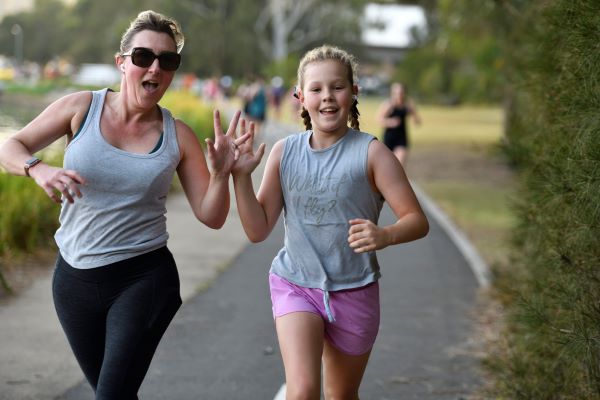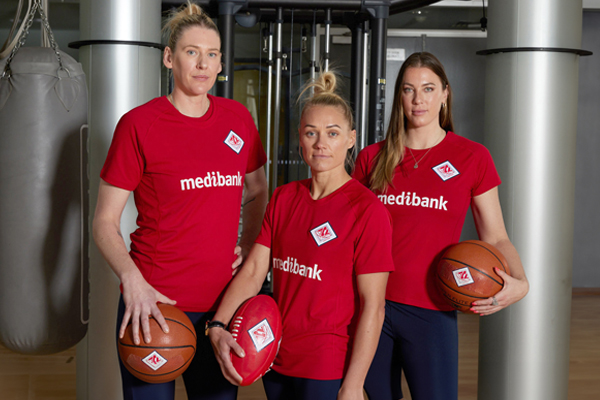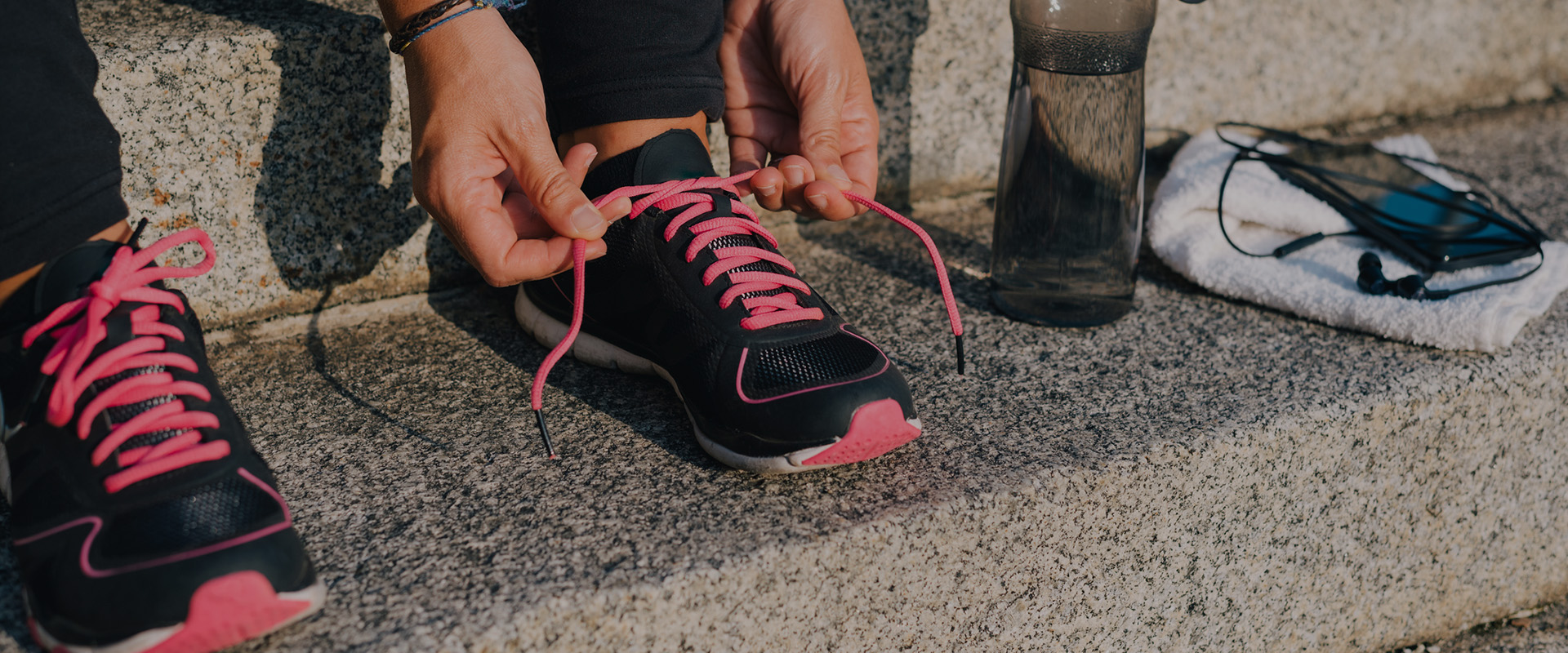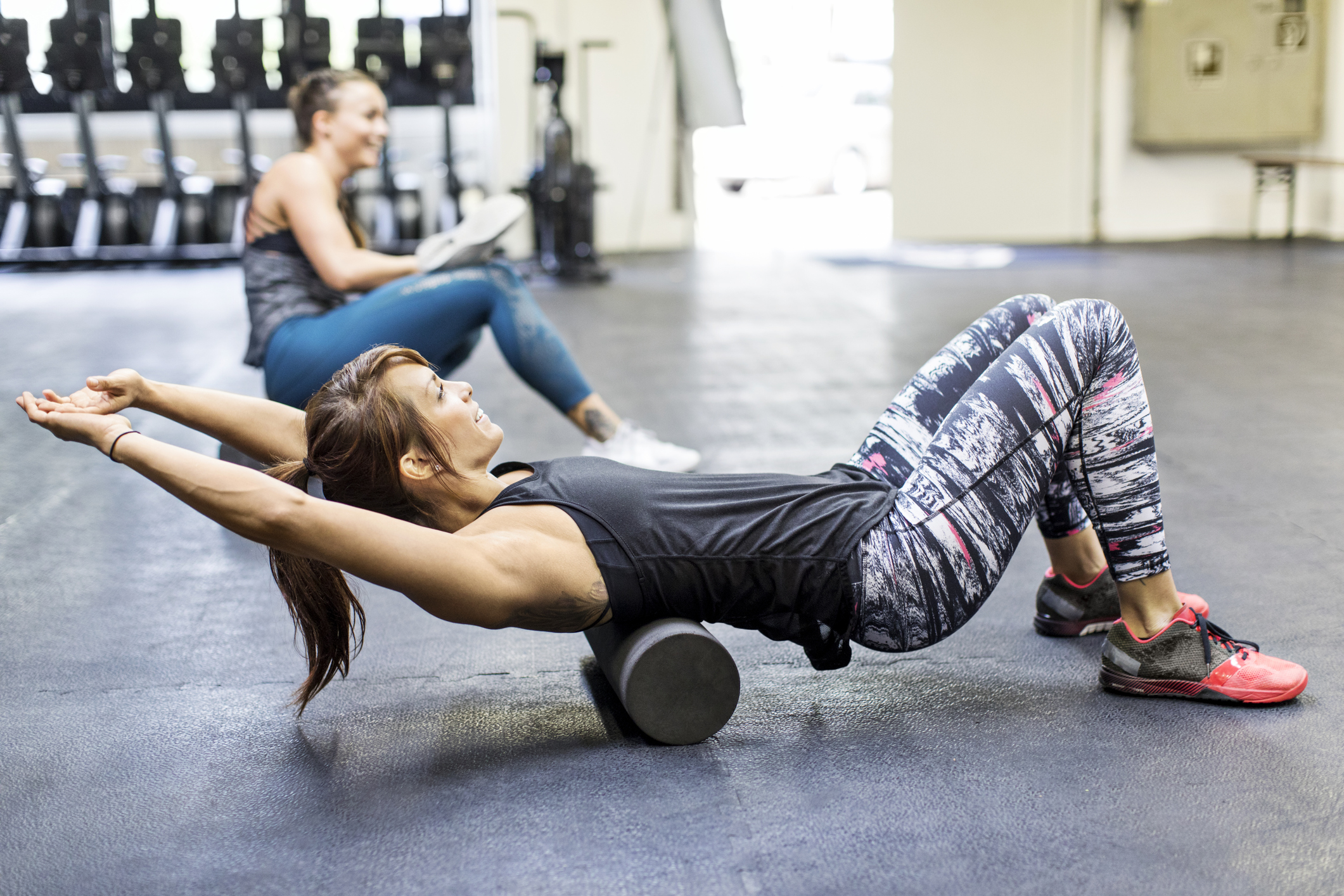-
A healthy, balanced diet and regular exercise are vital for health and wellbeing. Whether it’s sun salutations in the morning or pounding the pavement in the evening, every bit of physical activity plays a role in improving our health and reducing the chance of chronic diseases.
Good nutrition is important at all times, but particularly so after exercising, when it can influence the repair and recovery of our cells.
But what actually goes on in our bodies during exercise? Felicity Curtain, Accredited Practising Dietitian and Sports Dietitians of Australia member, outlines how these changes influence your nutritional needs, so you can ensure you’re fuelling your body with premium petrol.
1. Carbs for energy
The body’s primary source of energy is carbohydrates, which are broken down by the body into glucose, and stored in the muscles as glycogen. During exercise, when muscles are under increased pressure to contract, stored glycogen is used to fuel movement.
If carbohydrate foods are restricted, there is less available glycogen to fuel exercise, and performance may be affected. It’s important to refuel with carbohydrate-rich foods after exercise, to top up glycogen stores. Try quick options like sandwiches, wholegrain pasta, toast or crumpets, yoghurt and fruit.
2. Keeping hydrated
The body heats up in response to an increase in activity. This triggers the body to produce sweat to cool us down, resulting in water and electrolyte loss, which can impair performance. Sip on water throughout your workout to replace losses, and ensure you’re keeping hydrated throughout the day.
The best way to gauge your level of hydration is by your urine – it should be pale, or straw coloured. Those engaging in intense, lengthy training sessions may need to replace fluids as well as electrolytes. Try a sports drink, which is made from a combination of water, carbohydrates and electrolytes to maintain optimal levels in the body.
3. Protein for muscle recovery
Exerting yourself with exercise leads to a breakdown of muscles. Following exercise, there is a gradual increase in the building process, and consuming adequate protein in this time can promote recovery and muscle rebuilding.
Ensure your next meal after exercise contains a source of protein, such as a palm-sized piece of chicken, red meat or fish; 2 eggs, 1 cup of beans or legumes, or 120 g of tofu. If your next meal is a few hours off, try a recovery snack, such as a fruit smoothie, a tub of yoghurt, or cheese and crackers.
4. Calcium for bone strength
Regular weight bearing exercise is recommended to strengthen bones, but it can also put pressure on our bones and joints. Aim to include plenty of calcium-rich foods in your diet, as these are known to strengthen and protect bones.
Dairy foods are a key source of calcium, and also contain protein, making choices like yoghurt, cheese, and milk an ideal post-workout snack. Non-dairy sources of calcium include leafy green vegetables like broccoli and spinach, soy foods like tofu and fortified soy drinks, canned salmon with bones, and nuts and seeds.
To find out more on how to fuel your body around exercise, visit sportsdietitians.com.au
What to eat for fitness success

-
Everything you need to know about parkrun
Been wondering what a parkrun looks like? Where do you go? What do you do? How do you sign up? Find out here.
-
Five ways to exercise when on a budget
You don’t need to spend money on gym memberships just to meet your fitness goals. Here are five free ways to stay healthy and active when you’re living on a budget.
-
How parkrun changed my life
Christie Farrow went from being an exercise-phobe to a true blue runner with parkrun.
-
Australia's top female athletes unite on ACL injury
Some of Australia's most talented athletes have joined forces to highlight the unique injury challenges women face.
-
How to create your perfect summer fitness plan
Be inspired by the sunshine and get moving
-
The essential foam rolling routine
Improve posture and flexibility with this essential foam rolling routine. Discover effective stretches to ease muscle tightness and enhance your daily movement.
Subscribe to receive the best from Live Better every week. Healthy recipes, exercise tips and activities, offers and promotions – everything to help you eat, move and feel better.
By clicking sign up I understand and agree to Medibank's privacy policy






